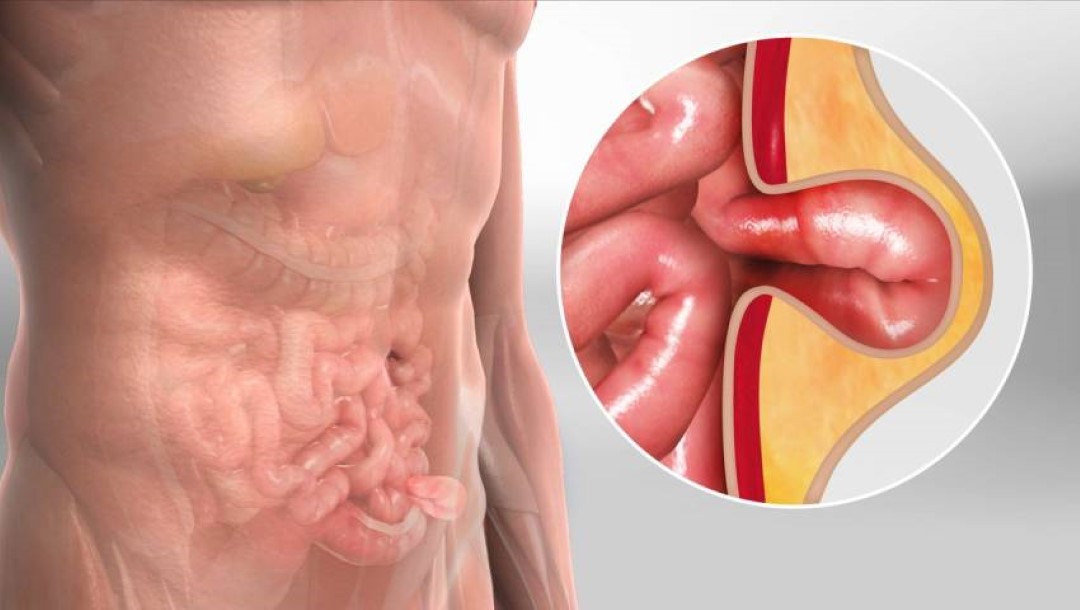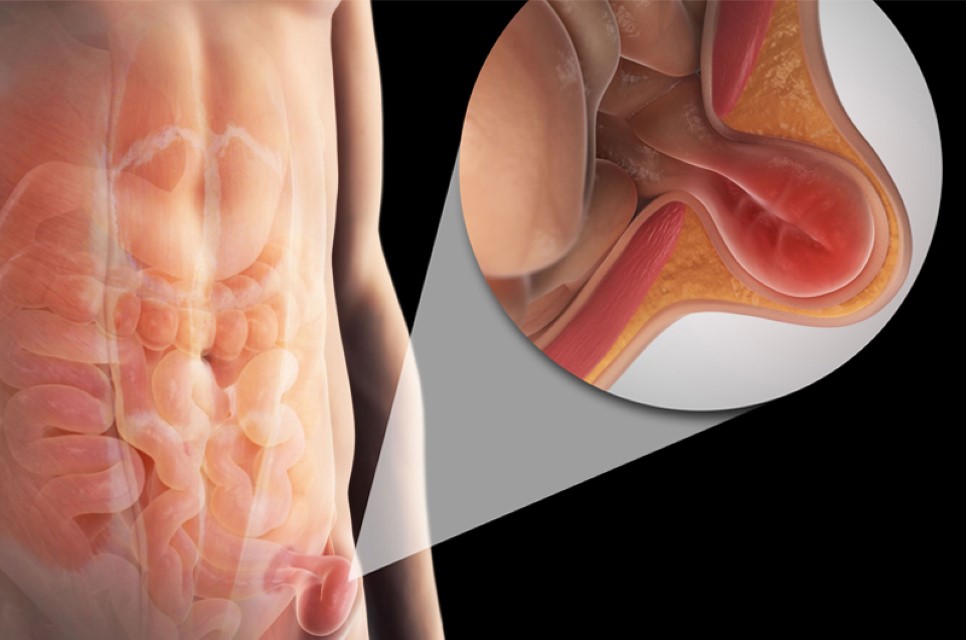Hernias can occur in both men and women at any age. A hernia happens when an organ or tissue pushes through a weak spot or tear in the surrounding muscle or connective tissue. The most common types of hernia are inguinal (inner groin), femoral (outer groin), umbilical (belly button), and incisional (resulting from an incision). Hernias often cause pain, discomfort, and other potentially serious complications if left untreated. Luckily, there are steps you can take to help prevent hernias from occurring.
Stay Active and Maintain a Healthy Weight
Keeping active and maintaining a healthy weight are important ways to help prevent hernias. Regular exercise can strengthen and tone abdominal muscles and connective tissue. This helps support organs and provides resistance against the intra-abdominal pressure that can cause hernias. Being overweight or obese puts additional strain and pressure on the abdomen, increasing the risk of developing a hernia over time. Losing weight through diet and exercise reduces abdominal pressure and stress.
Practice Proper Lifting Techniques
Lifting heavy objects incorrectly is a common cause of hernias. Using proper lifting form and technique can help prevent hernias when moving heavy items. When lifting, draw the load close to your body and tighten your abdominal muscles. Avoid lifting while twisted or bent over. Instead, lift with your legs by squatting down and keeping your back straight. Avoid holding your breath during lifts, which increases pressure in the abdomen. Take breaks between heavy lifting to allow muscles to rest. Using mechanical aids or getting help moving very heavy items can also prevent injury.

Cough and Sneeze Strategically
Forceful coughing and sneezing can also potentially lead to hernias by increasing intra-abdominal pressure. Coughing into a pillow or while lying down can help reduce the force on the abdomen. Supporting the abdomen with your hands while coughing can also help. Avoid straining while using the bathroom, as pushing hard can have a similar risk. Over-the-counter cough medicine can reduce coughing from colds and allergies. Quitting smoking can decrease chronic coughs related to lung disease.
Avoid Constipation and Urinary Retention
Constipation and urinary retention can cause you to strain forcefully, potentially leading to a hernia. Staying hydrated, eating high fiber foods, exercising regularly, and establishing good bathroom habits can all help avoid constipation. Some medications, nutrient deficiencies, and medical conditions may also cause constipation, so discuss options with your doctor. For urinary retention, see your doctor about treatment options. In men, an enlarged prostate is a common cause.
Consider Preventative Surgery
Some people have a higher hereditary risk of developing a hernia and may benefit from preventative surgery. This is most often considered for inguinal hernias. Talk to your doctor about your family history and if preventative hernia surgery could be an option for you. The surgery can be done laparoscopically and involves reinforcing the abdominal wall with mesh to prevent future hernias.
In general, living an active, healthy lifestyle and using proper movement mechanics can go a long way in preventing hernias. See your doctor if you experience any symptoms of a hernia, such as pain, bulge, feelings of heaviness or pressure, or other discomfort in the groin, abdomen, or incision site. Prompt diagnosis and treatment of hernias can help prevent complications. With some care and awareness, most people can avoid developing a hernia.

